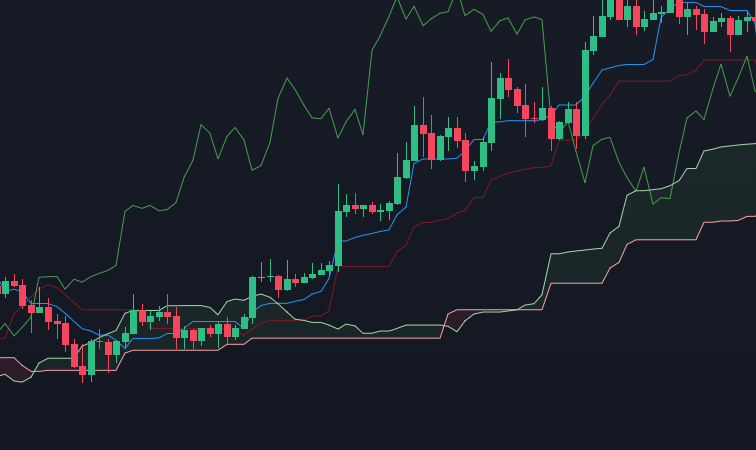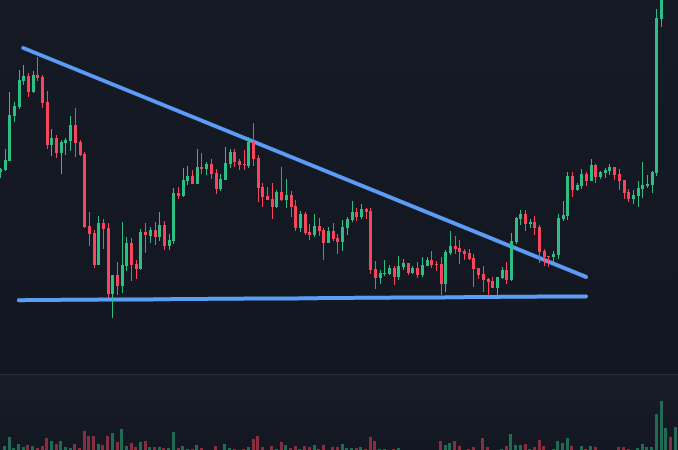Liquidity
Liquidity refers to the ease with which an asset can be quickly bought or sold in the market without affecting its price.
Detailed Explanation
Liquidity is a critical concept in financial markets, representing the ability to convert an asset into cash or another asset without causing a significant impact on its market price. High liquidity means that there are many buyers and sellers actively trading the asset, allowing for quick transactions at stable prices. Conversely, low liquidity indicates fewer market participants, which can lead to wider spreads, price fluctuations, and difficulties in executing trades promptly.
Liquidity is essential for both individual investors and the broader market. For investors, liquid assets like stocks of large companies, government bonds, or major currencies can be sold or bought quickly, allowing for flexibility in managing portfolios and reacting to market changes. Illiquid assets, such as real estate, certain small-cap stocks, or niche commodities, may take longer to sell and could require price discounts to attract buyers.
The liquidity of an asset can be influenced by various factors, including market conditions, the asset’s nature, and the number of participants in the market. Market liquidity can also be affected by macroeconomic factors, such as interest rates, regulatory changes, and economic stability.
Significance for Investors
Liquidity is a crucial factor for investors to consider when making trading decisions. High liquidity ensures that investors can enter and exit positions with minimal price impact and transaction costs. It also provides greater price stability, reducing the risk of significant losses due to market volatility. In contrast, low liquidity can lead to difficulties in buying or selling an asset without significantly affecting its price, which can increase the risk of loss.
Investors often prefer liquid markets because they offer more opportunities for quick trades and lower costs. Additionally, liquidity is a key indicator of market health, with higher liquidity often correlating with more efficient and transparent markets.
Examples
An investor holds shares of a blue-chip company like Apple Inc., which trades on the NASDAQ exchange. Because Apple is a highly liquid stock with millions of shares traded daily, the investor can sell their shares quickly at the current market price without affecting the stock’s value. In contrast, if the investor holds shares in a small, lesser-known company with low trading volume, selling the shares could take longer, and the sale might need to be made at a lower price due to lower liquidity.
Comparison with Similar Terms
- Volatility:
While liquidity refers to the ease of trading an asset, volatility measures the frequency and magnitude of price changes. High liquidity often leads to lower volatility, as large trades have less impact on the market price. - Market Depth:
Market depth is related to liquidity but specifically refers to the market’s ability to absorb large orders without significantly affecting the asset’s price. A deep market typically has high liquidity, with many buy and sell orders at different price levels.
Discover a comprehensive glossary of essential trading terms that every investor should know. Explore detailed explanations of key concepts, from basic definitions to in-depth insights

Delve into detailed explanations of the most important technical indicators used in trading. Designed for traders of all levels, our curated list will help you interpret market signals, make informed decisions, and enhance your trading skills

Access detailed explanations of key chart patterns used in technical analysis. Perfect for traders at any level, our extensive collection will help you recognize market trends, make informed decisions, and refine your trading strategie
Disclaimer
The information provided on this website is for educational and informational purposes only and should not be construed as financial advice. We do not guarantee the accuracy, completeness, or reliability of any information presented. Any actions taken based on the information found on this website are strictly at your own risk. Always seek the advice of a qualified financial professional before making any investment decisions. We disclaim any liability for any losses or damages incurred as a result of using this website.